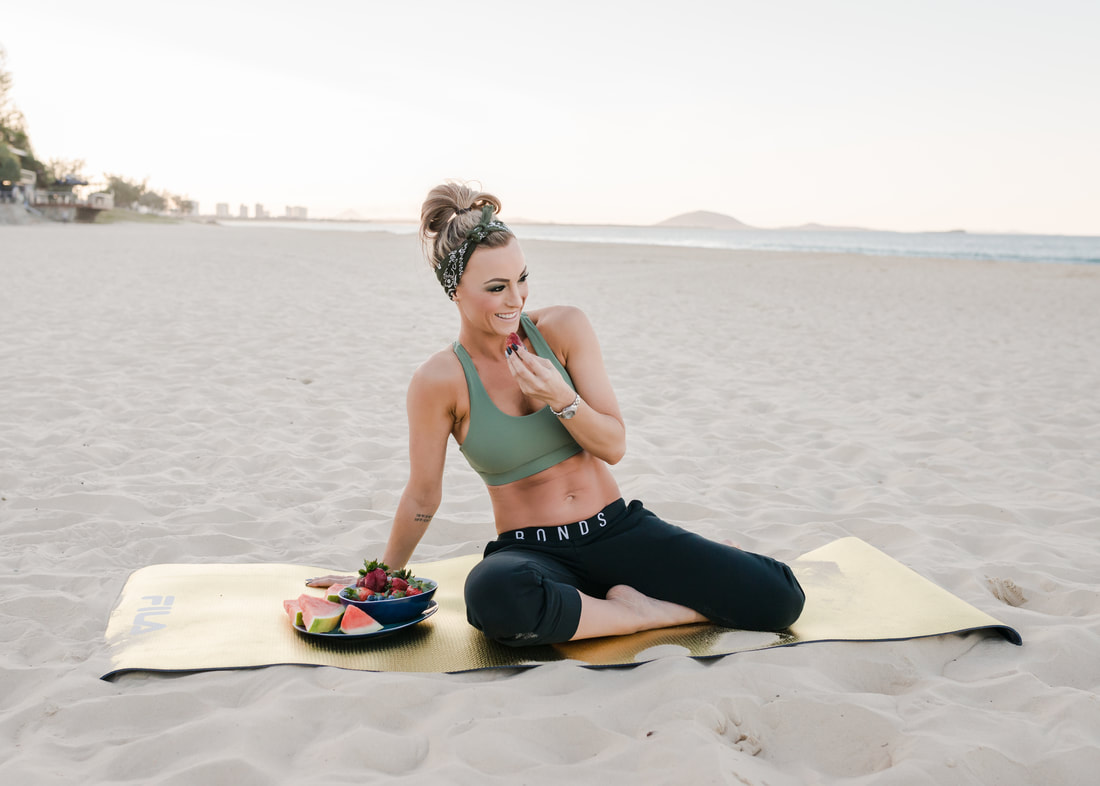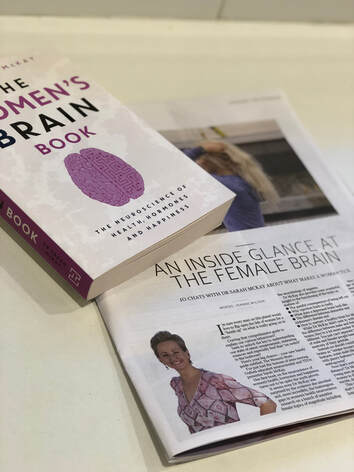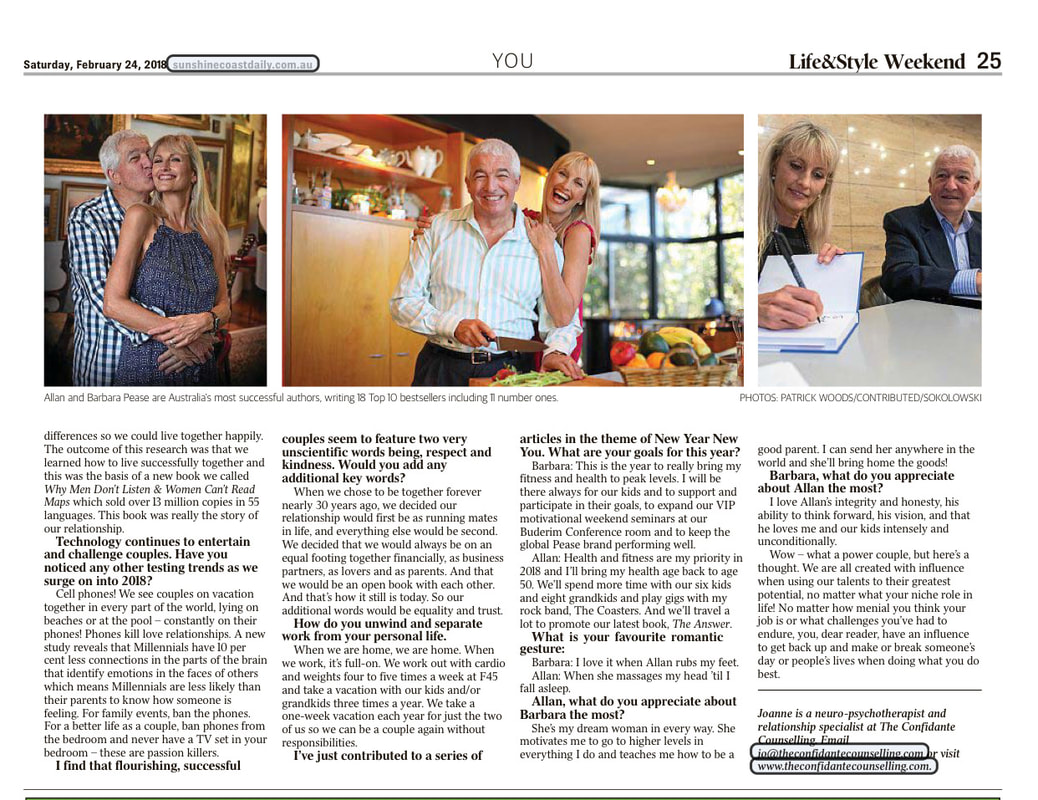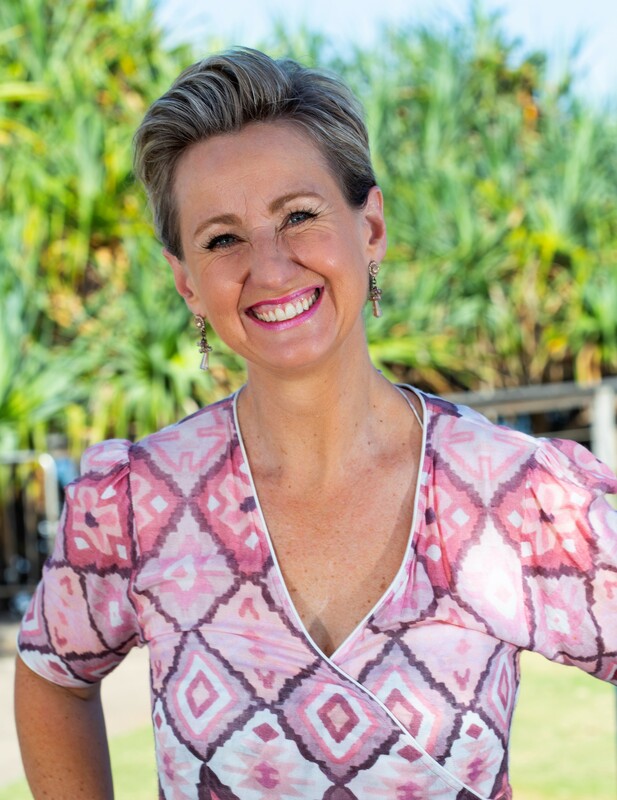|
What does your memory have to do with a thriving and dynamic relationship? I’m not talking about mistakenly calling your girlfriend by your ex’s name or getting in trouble for forgetting your anniversary.
This is about keeping your relationship in your explicit memory versus your implicit memory. Your implicit memory knows how to ride a bike and you don’t consciously think about it. This might be where you’ve allowed your relationship to be chugging along right there in the background. You know the spokes are rotating day in day out without effort and it’s getting rusty. The squeaky whining is becoming louder and it’s seizing up. Even worse, it might be rattling out of control down a deep dark mountain toward the valley of Splitsville and you’ve got no idea how to catch it? This compares to explicit memory of which matters are intentionally recalled on a daily basis. Your bike is lovingly maintained with attention to keeping those fine curves and strong frame polished and well lubricated. It is one that others admire and wish they had one like it. Even your children watch how you lovingly maintain it and they then learn how to care for their bikes too. So what to do with a rusty, creaky bike? You take a good look at what it needs. You might head to the bike shop for some advice, maybe a new pump, extra tools and some free strategies from the friendly bike store person who expertly recognises the importance of maintaining your bike to save you money so you don’t have to look for a new one and eventually end up in the same position. Thank goodness we have Marriage Week each year to remind us to do exactly this to our relationships? That’s it – pop it back into the forefront of your mind! How do you do that? Make it intentional and not just this week! Head to my website for some free resources and use this as your kickstart to success. You too can turn around a substandard and conflicted relationship that’s hurtled out of control. You’ll also find information to some of the wonderful well researched online analysis such as Prepare-Enrich which is scientifically proven to improve your dynamics and relationship skills. Couples who take this time have the potential to reduce their chances of divorce by 30%. It’s actually quite novel to to examine your dynamic, your personality style and find new constructive dialogues to set you up for success. I use this tool for pre-marriage couples, post marriage one year check-ups to highly conflicted couples on the brink of entering the dreaded and expensive Splitsville. You each complete a tailored set of questions online that takes about 30 minutes and we then go through the report of which the blokes especially appreciate the charts and graphs! There’s even a simpler couple check-up version you can do yourself today. Another wonderful clinician tool I use is the Gottman Relationship Check-up. It’s another level of depth of 480 questions about friendship, intimacy. You rate yourself on how well you know your spouse, how you manage emotions and conflict, share your values and goals, and what gives meaning to your lives. There’s not much it doesn’t cover about parenting, housework, finances and trust and you then learn new healthy conflict cycles others can mentor from! It is never too late to begin and worth your investment in time on these tools versus the angst in investing in your lawyer! Here’s cheers to Marriage Week and alluring cycling lycra. In the meantime, if you need a date idea, sign up together for the Sunshine Coast Big Beach bike ride on 20 October. Joanne Wilson is a neuropsychotherapist, relationship specialist, radio co-host, workshop facilitator, guest speaker and weekly columnist for the Sunshine Coast Daily. Contact Jo at www.theconfidantecounselling.com or via email. Listen in to her podcast discussing these articles and more, "Is This Love?" I’m sure every man on this planet would love to flip open the lids of women for a “heads up” on what is really going on in there. Craving that comprehensive guide to explain our curious behaviours? Seek to unlock the key to understanding our state of mind, temperament, endearing nuances and especially find that ON switch in the bedroom? Here’s your big chance - your new handy guide entitled, The Women’s Brain.
I’ve just had the honour of interviewing Oxford-educated neuroscientist and TEDx presenter, Dr Sarah McKay. Her first book on the neuroscience of women’s health, hormones and happiness turns out to be quit the myth buster! It seems even Dr McKay was surprised by the evidence she unveiled. More incredibly the humungous gaps in women’s health neuroscience research around a bunch of sensitive female topics of magnitude including the neurobiology of orgasms. What about these other questions of substance?
Dr McKay also provides some wonderful insight to the functioning of the brain around matters of:
Whilst Dr McKay didn’t seek to write about the difference between male and female brains, they’re a lot more similar than different. You just can’t separate two groups of male and female people based on the anatomy of their genitals. Instead we should consider our amazing brains as “unique mosaics of different features, some male-like, some female-like, with plenty features best described as androgynous.” Now that’s sorted, who will last the distance? Dr McKay states “teenagers and young men are three times more likely than women to die by accidents (usually in a car), suicide, drowning and violence.” This provides women with quite a head start to the statistics that result in our longevity. Men then contribute to this further as they age with poor health choices. Women are more likely than men to die of dementia, lung disease cerebrovascular disease, influenza and pneumonia. How do we live longer? Centenarians studied in history provide us these fabulous tips based on their key characteristics. Stay lean, avoid smoking, become an expert stress buster, be optimistic, find purpose and avoid neurotic tendencies. Lastly, women have your children over the age of thirty-five. Go figure! Speaking of which, after producing three boys after thirty-five, where is my figure? Watch this space next week when I seek to unveil answers to some of the fascinating questions such as how to nurture your amazing noggin as outlined by Dr McKay next week. In the meantime, head to www.yourbrainhealth.com.au for your copy of The Women’s Brain and more. Joanne Wilson is a neuro psychotherapist, relationship specialist, radio co-host, workshop facilitator and guest speaker. Contact www.theconfidantecounselling.com or via email. Look out for my new podcast discussing these articles and more, "Is This Love?" As promised, my next instalment on the wonderful world of relationships, happiness and the brain! Whilst you might be over my neurobabble of late, you’ve got to love the fabulous findings about the brain that explains joy and fulfillment! Recent social neuroscience research reveals a specific pattern of brain activity occurs when you perform kind acts for others. When your folks asked you to play kindly, they were setting your brain up for success. If you were to hand over $100 to someone in need without expecting anything in return, the limbic region of your brain will go “bing”. Ok, so it won’t make that sound, but it’ll reflect activity you’ve been compassionate. Furthermore, your medial prefrontal cortex and temporoparietal junction would also likely want to say something like, ”nice one” if it could! Whilst there’s much to be explored in this field, you can’t ignore these findings about the warm fuzzies your brain and body experience when you’re benevolent! There was also a very cool study published in Science, conducted through the University of Oregon about neuroarchitecture and altruism. They proved when their research subjects donated money voluntarily or involuntarily their part of the brain associated with the processing of unexpected rewards became active. The neurons there secrete dopamine, a neurotransmitter that plays a key role in reward-motivated behaviour. (You also get a hit of this with “likes” on your Instagram post.) The team found higher amounts of dopamine for each subject when voluntarily choosing to donate as opposed to when they were forced to. As it turns out, whether we expect a reward or not, the midbrain will become activated regardless of whether we are sad or happy with our reason for doing it. It’s interesting that whether you feel good about it is irrelevant to this “hardwired” reward activity. Now that we know that the brain changes according to experience, activities like focussing, contemplating, and giving, cause it to grow and change. This is consistent with evidence of how your genes can be affected by your own environment. It makes absolute sense you can practise and train yourself or your children to be gracious and helpful for health reasons. The downstream effects of healthy brains to our body is an exciting current field of exploration. The bottom line? Find health and happiness by actively seeking opportunities to give and support others in your daily life. If you have children, create rituals in your family that inspires regular contributing together so it’s a natural enjoyable part of their culture from a young age. Examine yourself for those unhealthy ways you may have become addicted to lighting up your brain such as social media. We can also get tunnel vision with our robotic and urgent to-do’s, stuck in the latest reality television series or so distracted by our own problems; we lose sight of this grand beautiful picture! A world where we stay true to our inherent design relying on and supporting dynamic relationships and well-being for all. With thanks to “Altruistic behaviour - mapping behaviour responses in the brain” sourced from the National Library of Medicine. Joanne Wilson is a neuro psychotherapist, relationship specialist, radio co-host, workshop facilitator and guest speaker. Contact www.theconfidantecounselling.com or via email.  I’m sure my Intelligence Quotient increased this week merely by attending the International Conference of Applied Neuroscience. You’re welcome to contest this but I’m enthusiastically owning it. As I basked in the company of a bunch of “incrediclever” mental health workers with PhD’s, GP’s, psychologists, counsellors and social workers, I marvelled at their earnest desire to help and inspire people to wellness. You’d think my newly acquired intelligence would produce an article featuring some rather substantial long words commencing with neuro and ending with brain-derived neurotrophic factor. Whilst these terms are incredibly important, I’ve kept it simple for us. Love is the answer. For all this listening and learning from thought leaders in my field, you’d think I’d need to share much more today. Whilst there were some fascinating insights to reveal in subsequent articles, this is a simple, beautiful place to start. No matter how compromised your home life was as a child, how much you’re grieving from loss, how bullied you’ve been, neglected, lonely or subsequently depressed you feel – finding someone to provide you emotional attentiveness can be your turning point toward thriving and joy. Enjoying the trusting therapeutic alliance with another beautiful human who will listen, guide and support your choice to growth is a gift. Those people who help you realise you truly matter - is paramount. Did you also know that feeling bad over life’s curve balls does not mean you necessarily have a mental disorder? Our immediate society means we expect an instant fast connection and quick fix. I’m talking about the next Netflix episode “coming up” in 30 seconds, high speed online information (not on the Sunshine Coast unfortunately), fast food and a pill for anything else. Death and grieving, losing your job or feeling down when life isn’t going so smooth may not mean you require a mental health diagnosis. Adversely, experiencing true joy as a comparison to life going great doesn’t mean you are manic! Life sure is a roller coaster and building resilience with your toolbox of healthy strategies is worth acquiring. When you can’t get out of your funk, lean on a mental health professional to help you navigate your way out and decide if you need medicinal support. Just saying, it doesn’t always mean you’re about to be diagnosed with a ghastly disorder! Furthermore, gone are the days we can blame our inherited genes for all our shonky habits, depression, anxiety or any tendency to chew with our mouth open. Sorry folks, you can only allocate only 2% of your “pre-determined” genes to that. The rest are non-encoded which means the other huge 98% is affected by your environment and subsequent ability to self-regulate, apply self-discipline and be resilient in the face of adversity. Genes only lay out potentials and vulnerabilities but don’t dictate your thoughts, feelings or behaviour. You can even turn them off by changing your behaviour and environment! Change that and your brain changes. Very cool. This has been found to apply to other mammals. Did you know that research studies prove that rat pups who were lovingly licked by their rat mummy have greater resilience and regulation than those who didn’t enjoy such a caring environment? These happy little gnarly rodents enjoy a more effective thermostat for stress featuring less cortisol and more serotonin (the happy neurojuice). Love is the answer! With special thanks to Dr John Arden, author of Mind-Brain-Gene: Toward Psychotherapy Integration, for his inspiring presentation and interview. I look forward to sharing more wondrous “neurofacts” and how important they relate to our relationships. Joanne Wilson is the weekly columnist for the Sunshine Coast Daily Weekend magazine, weekly Friday morning radio co-host on Salt106.5, professional relationship counsellor and certified neuropsychotherapy practitioner of TheConfidante Counselling. She is based on the Sunshine Coast, Queensland - Australia. You can contact her at: www.theconfidantecounselling.com or email HERE.  Whilst men are superior at so many things, I honoured Women’s Health Week this year by celebrating the attributes where we are a cut above our hairier mankind! Men and women complement each other and I’m one of the first people to highlight we sure need blokes in this world. Did you know that ninety-eight percent of genes are the same in the male and the female? The 2% difference is found in our physical brain structure, how we experience emotions, communicate and think differently. Thank you Captain Obvious you say. Did you know that healthy women:
 We’re in the theme of single, dating and those early days of pairing up. So, now I’m wondering if after the initial excitement of new romance, have you ever found yourself disagreeing with the opposite sex and been absolutely confused about why they’re focusing on something you feel is so irrelevant? Who’s heard the cliché “Men are from Mars, Women are from Venus”? Try “Men are from Earth, Women are from Earth. Deal with it.” As you enter into a relationship with the opposite sex you’ll become intimately familiar with how two humans of opposite gender can approach the same issue in radically different ways. It turns out that this isn’t just a cliché, a bad joke, or even confirmation bias. The truth is, men and women do think differently, and for one very simple reason: They have different brains. I’m not suggesting their brains are entirely different organs. That would be weird. It’s the way they're wired and physically different. Let’s look at how these variances result in why men like to channel surf and why women can talk so much. Science Time! Researchers have been able to identify some super fascinating information about the structural, chemical, genetic, hormonal and functional brain differences between the male and female brains. Some of the latest research tells us the brain differences are genetically hard-wired right from the beginning—at conception, even before the influence of hormones. The exposure to hormones may well then determine to what scale a “masculine” or “feminine” a brain becomes. I do know some guys who can talk more than a female! Men’s brains end up about 10% bigger (I’ll leave that alone!). Women have larger limbic systems and a thicker connection between the left and right side of the brain. It seems men have better connections between front and back. What does all this have to do with our personalities, thoughts and feelings? In a nutshell … everything! When you know how this wiring affects so many things, suddenly it can make some level of sense. Let’s cut straight to the important factor that men have over two times the space allocated to sex drive in their hypothalamus than women. I’m wondering if the fellas would agree that sexual thoughts and references flicker in their visual cortex all day? Women's sex centre in the hypothalamus is much smaller, and connected to the nurturing, connection and belonging circuits of the brain. Another example, everyone “knows” that women can be more “emotional” than men. This is an oversimplification — women are more empathetic than men, meaning they’re better at understanding and responding to emotions around them thanks to that larger limbic system (emotional centre) of the brain. What about this cliché; women can multitask, men can’t. That’s nonsense, right? Nope! This is down to that thicker connection between left and right hemisphere. Women are able to handle multiple tasks at once, whereas men’s brains are geared more towards breaking a problem down into parts and solving them one at a time. They are wired more for perception and co-ordinated actions Before I get angry letters; that’s not to say men can’t multitask, it’s just not as easy for them. Or my personal favourite: Hands up all the ladies reading this who’ve seen a man sitting around not doing much, wondering what deep thoughts they’re lost in! Hands up all the men who’ve just been zoning out and get frustrated when they’re asked fifty times what they’re thinking! Guess what? There’s a reason for this too! Scans of over 1000 brains have revealed that men’s brains actually do go idle a lot easier than women. It’s been said 70% of an idle man’s brain will go “dark”, meaning it’s not doing much, if anything. Seventy percent. By contrast, only 10% of a woman’s brain will go inactive — even when she’s sleeping. So yes, ladies — your man really is thinking “nothing” when he’s sitting there staring blankly at the TV. And no, men, your lady is not trying to annoy you. She genuinely can’t fathom sitting there not thinking anything, because that’s simply not how her brain do! One thing she does do is have greater hippocampal activity which involves memory, so whatever you do, do; she’ll remember! As Neuroscience is just beginning to understand the great mystery of gender differences in the brain, I’m sure you can see they are not in competition, not just compatible but complementary Take advantage of these inherent strengths to become a united force that you’d otherwise not accomplish on your own. You need each other!  How are you holding up? Exuberant and fresh on holidays? Maybe more like frazzled, crusty eyes, sore head and short fuse? I’m just about worn out with celebrating so time for reflection and looking around the corner to 2015. Hooray for new beginnings, fresh outlooks, motivation and making resolutions. You may decide that the time has come to finally get… find…. stop…. or do something about…. (insert yours!) Perhaps you want a major lifestyle change, take a relationship to the next level – or say goodbye to someone. You may choose to simply live with a more positive outlook in the New Year. Whatever it is you want to achieve in 2015, realising your goal comes down to one major, overriding factor. Willpower. Willpower might just be the greatest asset and strength we have as humans. It’s also one which many of us struggle with! Nobody has ever achieved their goals or overcome adversity without employing their own personal willpower. We need willpower to remain motivated, to practice self control, to resist temptation, and to simply get on with it and get things done. Without willpower, I doubt many of us would ever get off the couch – or out of bed! Willpower keeps us on the straight and narrow, it allows us to take the plunge when we’re feeling insecure, and it quiets the negative voices in our heads that tell us we can’t realise our goals. What is willpower? In a nutshell, willpower is self control. Unlike intelligence, which is genetic, willpower can be learnt, enhanced, and improved upon with focused intent. Having a high level of self control is key to living a great life. Where does willpower come from? |
Joanne WilsonJoanne will be your Confidante, enabling you to speak freely in complete confidence and serenity. An integrated approach tailored to your specific needs will be utilised.
Categories
All
Archives
October 2023
|
Joanne will be your Confidante, enabling you to speak freely in complete confidence and serenity. An integrated approach tailored to your specific needs will be utilized. Approaches such as Psychobiological Approach to Couple's Therapy (PACT), Cognitive Behavioral Therapy, Solution Focused Therapy and Emotionally Focused Therapy may be incorporated.
Joanne WilsonRelationship Specialist for individuals and Couples online around the world and servicing areas for virtual sessions around Australia and servicing many clients in Queensland including Caloundra, Noosa, Noosaville, Buderim, Mountain Creek, Gympie.
|
Quick links |
|
Queensland - Australia
0409 909 933
www.relationshiprejuvenator.com
|
|
©
2017-2023 The Confidante Counselling . All Rights Reserved
Web Design by Debbie Navarro






 RSS Feed
RSS Feed









